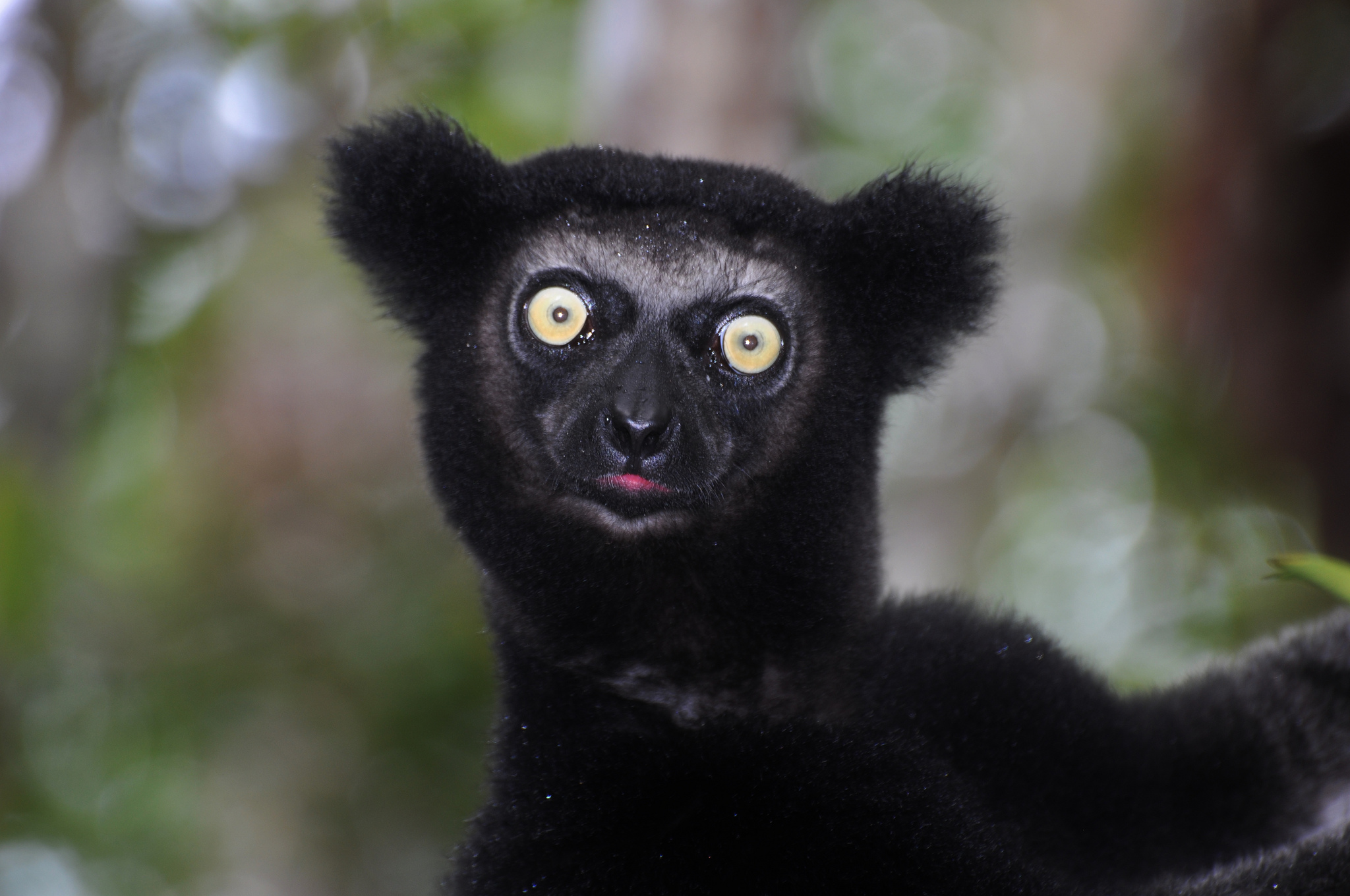Sir — It was shocking to read the findings of a recent study which says that so many animal species will go extinct in the next 50 years that the planet will need at least three million years to recover. For example, the critically-endangered indri is set to die out. Its evolutionary distinction is so great that once it goes extinct, 19 million years of unique evolutionary history will be lost. Even Asian elephants have little chance of surviving till the next century. Human beings have only themselves to blame for this destruction. Conservationists, civil society and governments around the world must act now if the damage is to be contained.
Priyanka Sen,
Calcutta
Lost richness
Sir — With the death of Annapurna Devi, the last pillar of the Maihar gharana has fallen (“Genius and enigma of Annapurna”, Oct 14). Annapurna Devi was born Roshanara Khan in 1927. She was given the name, Annapurna, by Brijnath Singh, the former maharaja of the erstwhile Maihar Estate, where her father was a royal court musician. She was the younger sister of Ustad Ali Akbar Khan, and married the sitar maestro, Pandit Ravi Shankar, in 1941.
After they separated in the 1960s, Annapurna Devi lived like a recluse and avoided public appearances. She would practise music in solitude. She devoted her life to carrying on the musical legacy of her father, the noted instrumentalist and composer, Baba Allauddin Khan, and passed on her knowledge to the likes of Nikhil Banerjee, Hariprasad Chaurasia and Nityanand Haldipur. Besides being a vocalist, she was also an exponent of the surbahar and the sitar. Barring her disciples, no outsider had seen her play in almost 50 years except George Harrison, who, in the 1970s, had the rare opportunity of sitting through her daily riyaaz, that too after a special request from the then prime minister, Indira Gandhi.
Annapurna Devi did not look for rewards or public acclaim. She was, however, conferred with the Padma Bhushan in 1977, the Sangeet Natak Akademi Award in 1991 and the honorary Desikottam from Visva-Bharati in 1999 — all in absentia. She never formally recorded her performances or albums. In the paucity of records of Annapurna Devi capturing the musical intricacies and nuances of the Maihar gharana, music lovers have been deprived of a significant part of the richness of Hindustani classical music.
Tapash Chatterjee,
Calcutta
Sir — With Annapurna Devi’s death, the world has lost another classical music maestro. She was the famously reclusive icon of Hindustani classical music. In the recent past, we have lost many musical legends, such as Bhimsen Joshi, Gangubai Hangal, C. Ashwath and Kishori Amonkar. Annapurna Devi’s rich musical contribution will be remembered for a long time to come. Her death has created a huge void in the world of Indian classical music.
Ramesh G. Jethwani,
Bangalore
Sir — The news of Annapurna Devi’s death was deeply saddening. A disciple of her father, Allauddin Khan, Annapurna Devi was an exponent of the bass sitar known as the surbahar. Her proficiency in the ragas, Manj Khamaj and Kaushiki, was well known. She was a music teacher and a spiritual guide to numerous students.
Khokan Das,
Calcutta
Sir — Annapurna Devi could play the sitar, the flute, the surbahar and the sarod with equal mastery. Even though she withdrew from the public eye after her separation from Pandit Ravi Shankar, a number of her students became renowned exponents in their own right. Most important, Annapurna Devi’s music was strongly informed by devotion. It is a shame that recordings of her music are hard to come by.
Sara Khan,
Calcutta

Many Durga Puja pandals this year gave out the wrong message about tobacco products Telegraph archive picture
Wrong message
Sir — On account of the World Health Organization’s publicity campaigns and untiring efforts by activists and non-governmental organizations, the harmful effects of gutkha and other tobacco products are now well known to the public. Several state governments have also imposed certain restrictions on the sale and consumption of such products. It was, however, disturbing to see many Durga Puja pandals in Calcutta displaying large billboards advertising gutkha and other tobacco products of various brands. It is clear that these companies paid a handsome fee to the organizers to have their products advertised so prominently.
Since the pandals are visited by lakhs of people from all age groups, the tobacco companies are willing to spend a large amount of money to have their banners put up. It is unfortunate that for the sake of earning extra money, the organizers are willing to promote products that can seriously harm the health of citizens.
A dangerous message is being sent out to the younger generations. The government, NGOs and civil society must come forward to protest against such publicity for tobacco and gutkha. It is, in fact, the moral responsibility of the administration to ban the promotion of such products which have been proven to have caused numerous deaths each year.
Srikanta Bhattacharjee,
Calcutta











